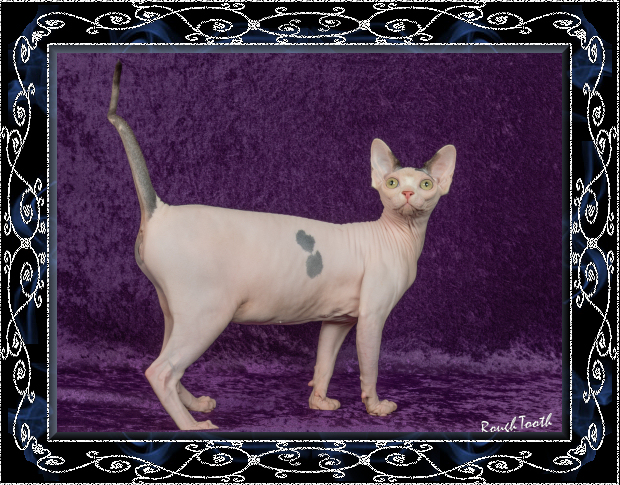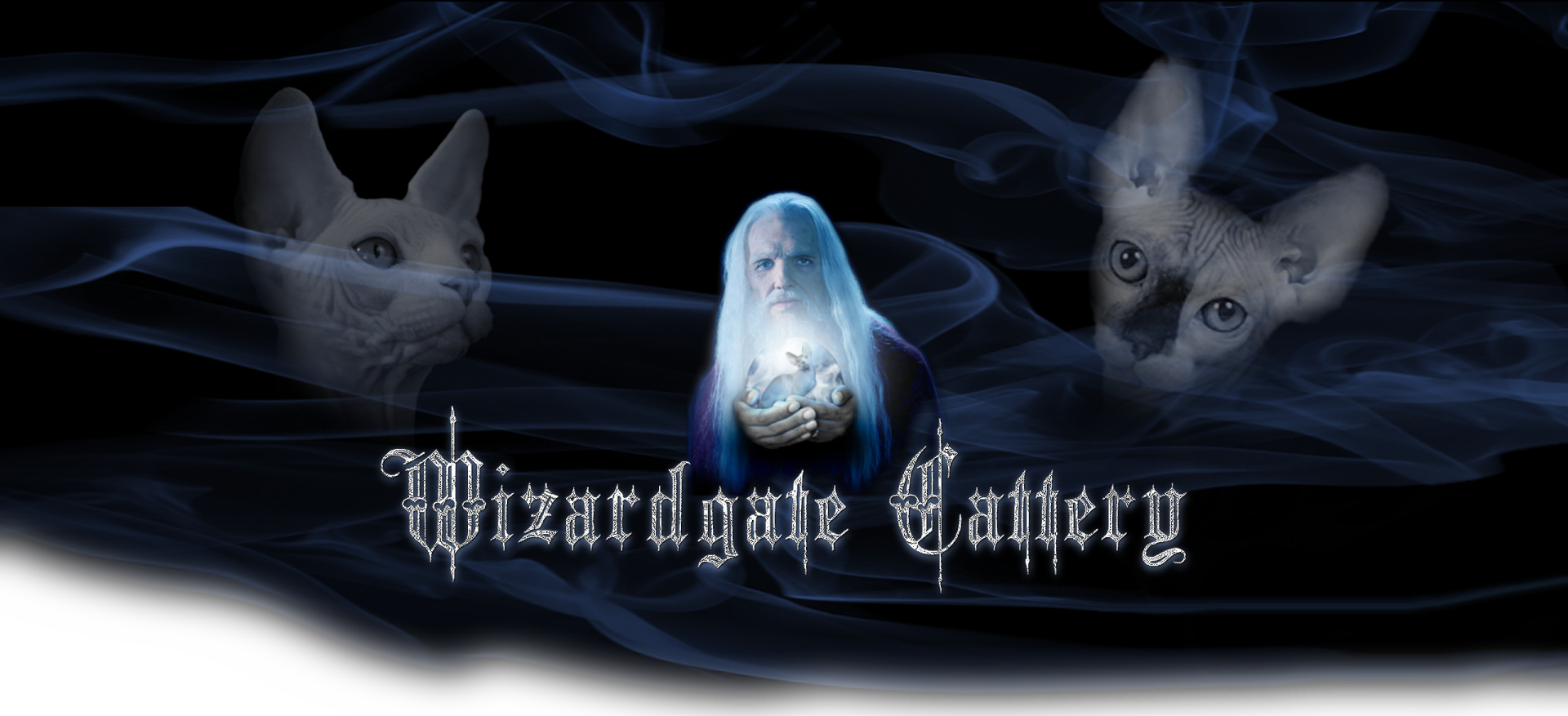

Sphynx cats are known for their outgoing, social, and dog-like personalities, often forming strong bonds with their owners. They are highly intelligent, energetic, and curious, requiring significant attention and playtime. Physically, they are a "hairless" cat, though they have a fine downy fuzz that feels like suede, and their wrinkly skin is a hallmark. Special care is needed due to their lack of fur, including regular bathing, protecting them from sunburn and cold, and ensuring they have a high-calorie diet to maintain their energy.
Personality and Behavior
Social and affectionate: They crave human and pet companionship, disliking being alone, and are often described as "Velcro cats" for their desire to be close to their owners.
Intelligent and playful: Sphynx cats are clever, curious, and energetic, often described as having a mischievous, childlike nature. They can be trained to do tricks and may even play fetch.
Dog-like qualities: They can be very friendly to strangers, greet their owners at the door, and get along well with other pets, including dogs.
Physical Characteristics
Appearance: They have large ears, large eyes, and a wrinkled, often hairless appearance with a fine, peach-fuzz-like coat.
Skin: Despite their lack of fur, their skin can come in many colors and patterns, and it has a velvety, suede-like texture.
Body: They are medium-sized, weighing 6-12 pounds, with a surprisingly muscular build, a barrel-shaped chest, and a tendency for a rounded "pot" belly.
Special Care Requirements
Bathing: Their skin is oily and requires regular baths to prevent a greasy buildup.
Warmth: They are susceptible to cold and sunburn, so owners need to provide warm places to sleep and protect them from direct sun exposure. Commercial sweaters are also available.
Diet: They have a high metabolism and a large appetite, so they need a diet with enough calories to maintain their energy and warmth.
Grooming: While not allergic to their own dander, the skin itself produces allergens, so they are not considered hypoallergenic.
Health Considerations
While generally healthy, they can be prone to specific genetic conditions, including hypertrophic cardiomyopathy (HCM) and hereditary myopathy. Skin diseases can also be a concern.

Our Males
Amadeus Star Neil of Wizardgate
Click on the picture to view the Pedigree
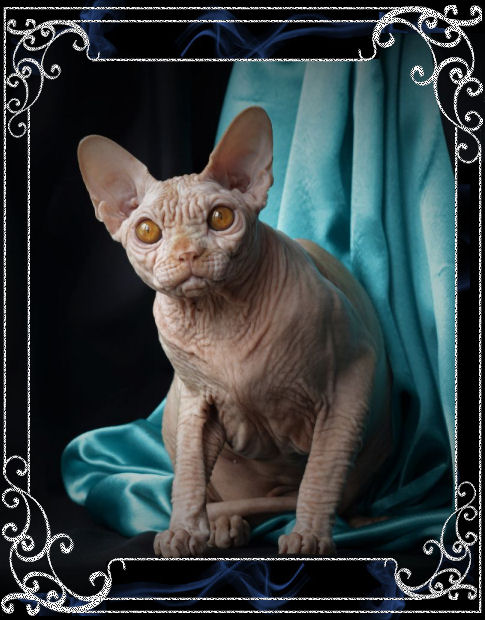

PinkPalace Theodore of Wizardgate
Click on the picture to view the Pedigree
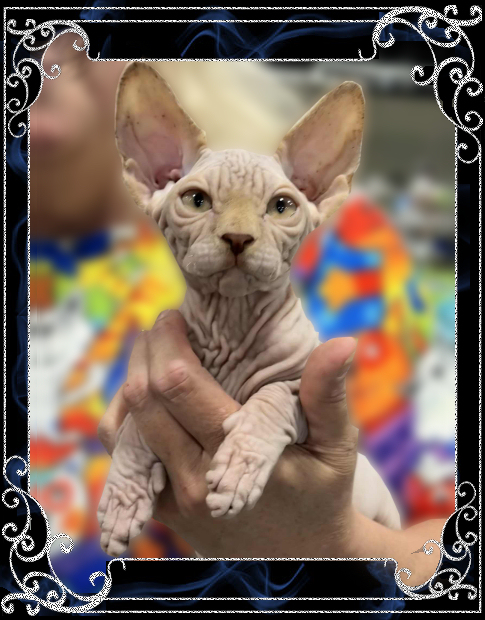

Samuel Le Monti Rey*RU
Click on the picture to view the Pedigree


Our Females
RW, SGC Wizardgate Lunnabell Lunar Eclipse
Click on the picture to view the Pedigree
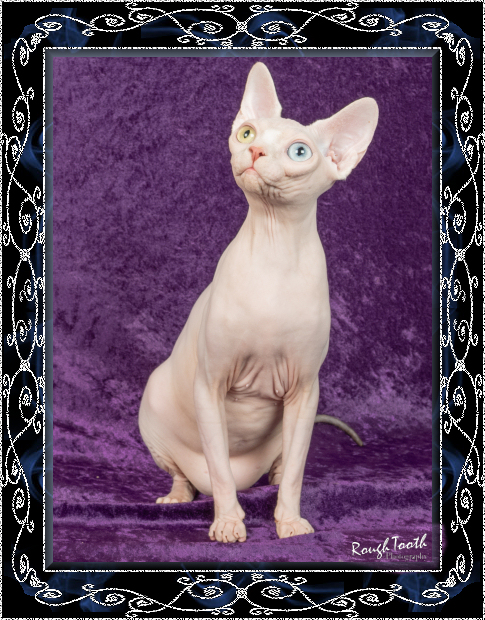

Amadeus Star Victoria of Wizardgate
Click on the picture to view the Pedigree
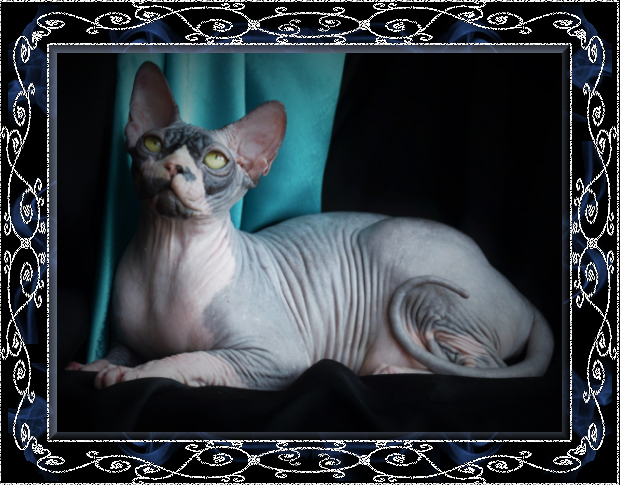

Amadeus Star Mirabella of Wizardgate
Click on the picture to view the Pedigree
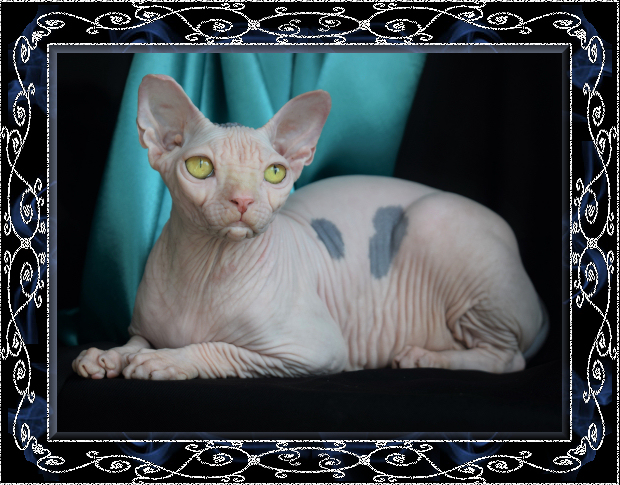

Amadeus Star Vasilisa of Wizardgate
Click on the picture to view the Pedigree
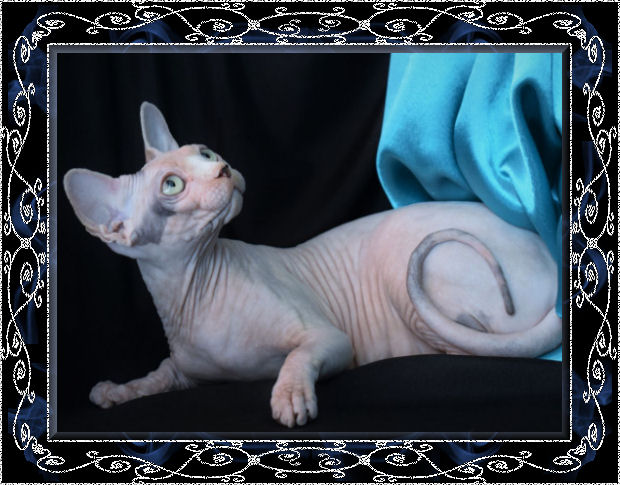

Jinx Naked Luxury of Wizardgate
Click on the picture to view the Pedigree
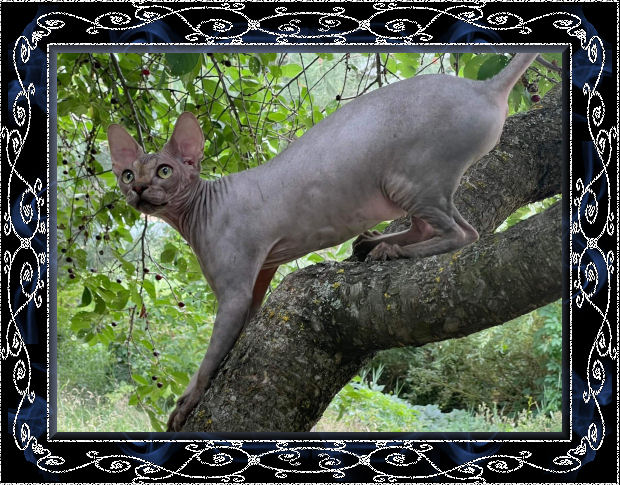

Bulya Le Monti Rey*RU
Click on the picture to view the Pedigree
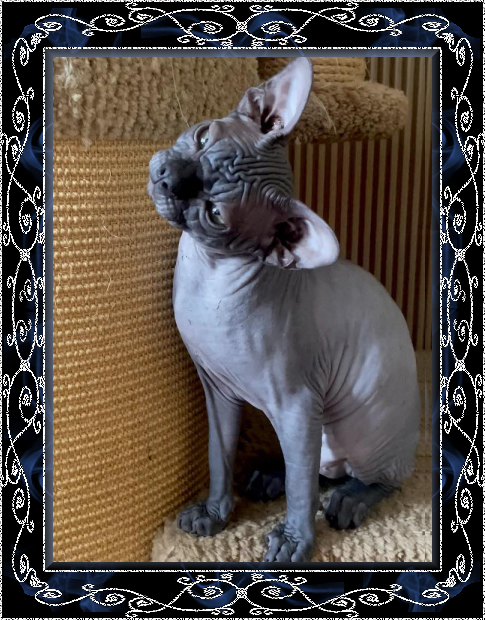

Wizardgate Oops I Did It Again
Click on the picture to view the Pedigree
